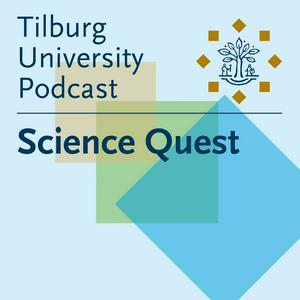Ever wondered who’s really in charge of your personal data, especially your medical data? From your electronic health records to your digital identity, and all those times you’ve hit ‘I agree’ without thinking twice, sensitive data is constantly being shared, stored, and tracked. In this episode, researcher Giovana Peluso explores how we can give people more control over their medical digital identity and consent. The goal: ensuring that in the future, patients are not only better protected, but also better informed.
Read more here.


